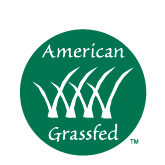Biodiversity Farming

Humans began farming 10,000 years ago. Since those ancient beginnings, biodiversity has served as the cornerstone of agriculture. Grazing and arable lands are all part of an ecosystem, and every part of that ecosystem – the plants, soils, animals, water sources, and microorganisms – plays a vital role in keeping it healthy. Any imbalance in this system can harm the environment.
When you order 100% grass fed beef delivery from Thousand Hills Lifetime Grazed, you receive more than delicious steaks, roasts, and ground beef. You participate in the regeneration of precious resources and restoration of the earth.
Loss of biodiversity contributes to climate change, the greatest threat facing the globe.

What is Biodiversity Farming?
While the term “biodiversity farming” originated in the late 20th century, its methods date from time immemorial. It encompasses the genetic resources of plants, animals, fungi, and microbes. Biodiversity farming supports the ecosystems that make agriculture possible. The intersection of biodiversity and agriculture is essential for soil replenishment and the future of our planet.
By maintaining biodiversity, farmers can reduce the need for pesticides by relying more on the natural enemies of certain pests. Conventional farming can harm biodiversity via pollution, overgrazing, and depletion of aquifers. Biodiversity farming enhances the land rather than depleting it.

Regenerative Agriculture
Regenerative agriculture involves using holistic farming practices to improve the soil and expand biodiversity. Healthy soils deliver healthy crops. Today, the world’s topsoil is in danger from the overuse of chemical fertilizers and deforestation. Overreliance on nitrogen-based fertilizers pollutes waterways with runoff, killing fish and other aquatic species.
Advocates of regenerative agriculture know their practices conserve water, increase soil fertility, and decrease erosion. Their methods increase the amount of arable topsoil to produce a better food production system. For instance, the rich nutrients abundant in cattle manure are an excellent way of boosting soil health and keeping pastures in good condition.
Regenerative agriculture not only provides for a healthier planet, but for a healthier consumer. Our cattle are raised naturally, without the use of antibiotics or hormones. Cattle were born to move and graze, not to consume a diet heavy on grains in Concentrated Animal Feeding Operations, better known as feedlots.
Using regenerative livestock grazing management for cattle allows them to graze according to their natural inclinations. Their grass is rich in nutrients, and those healthy vitamins and minerals are passed on to those eating the meat.

Grazing and Biodiversity
Livestock producers maintain grassland diversity by determining where and when their animals graze and how long the herd spends on particular grasslands. Controlled grazing, with its moderate amount of trampling, boosts plant diversity by lowering the ability of a particular species to dominate. Instead of just a few species dominating, there is an increase in the number of secondary plant species.
The increase in habitat diversity favorably affects wildlife. Grazing can create types of habitats allowing species ranging from birds and small mammals to invertebrates and insects to thrive. Water retention improves. Healthy land keeps more carbon in the soil, keeping it from heading into the atmosphere in the form of carbon dioxide or methane. Both are major factors in the rise in global warming.
Grazing techniques featuring time control ensure that grasslands regenerate when livestock are not present. Such techniques benefit the land and the herd.
This contrasts with conventional cattle grazing, in which the animals stay in the same area grazing continuously. That leads to the vicious cycle of weeds crowding out native grasses and the use of herbicides to combat them. Cattle are more likely to develop parasites, as they are literally standing on manure. Unlike regenerative agriculture, conventional grazing is a lose-lose situation.
Shop for 100% Grass Fed and Grass Finished Beef
Ranchers are natural stewards of the land. At Thousand Hills Lifetime Grazed, we practice biodiversity and sustainable agriculture. We pride ourselves on our 100 percent grass fed beef raised using regenerative agricultural practices. Our products are American Grass-Fed Certified. Shop our store today and share our vision for a sustainable world.
Shop for 100% Grass Fed and Grass Finished Beef
Ranchers are natural stewards of the land. At Thousand Hills Lifetime Grazed, we practice biodiversity and sustainable agriculture. We pride ourselves on our 100 percent grass fed beef raised using regenerative agricultural practices. Our products are American Grass-Fed Certified.
Shop our store today and share our vision for a sustainable world.



